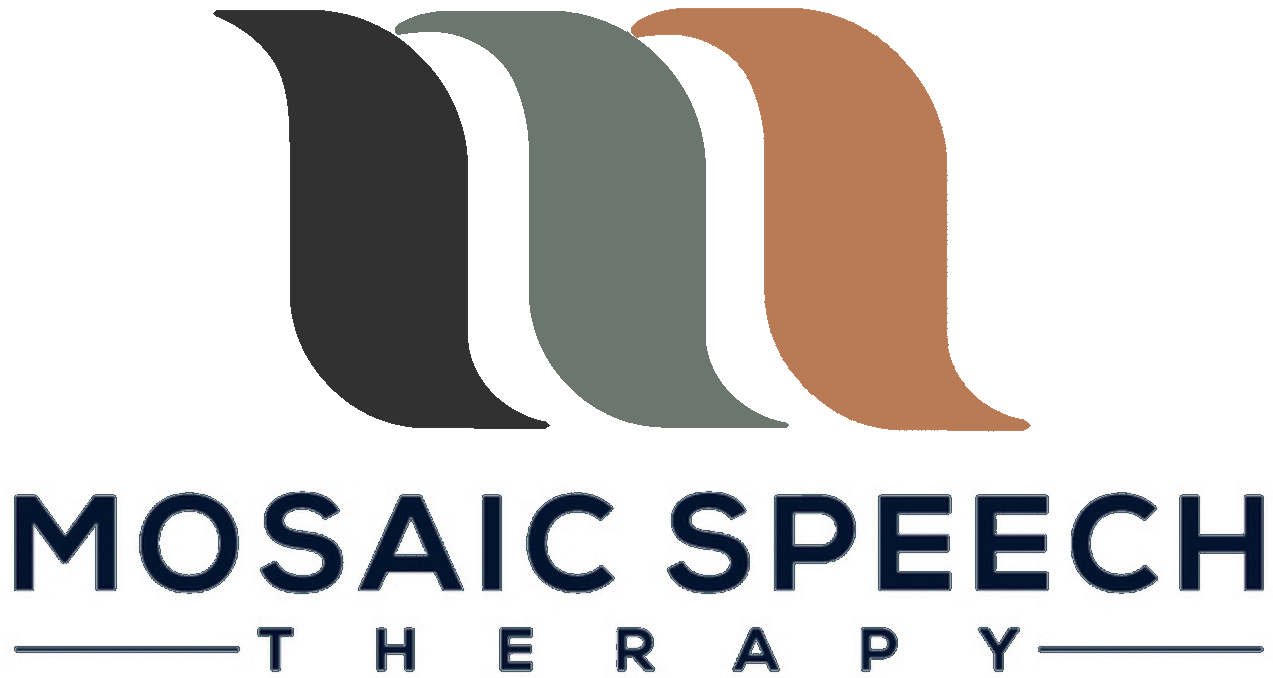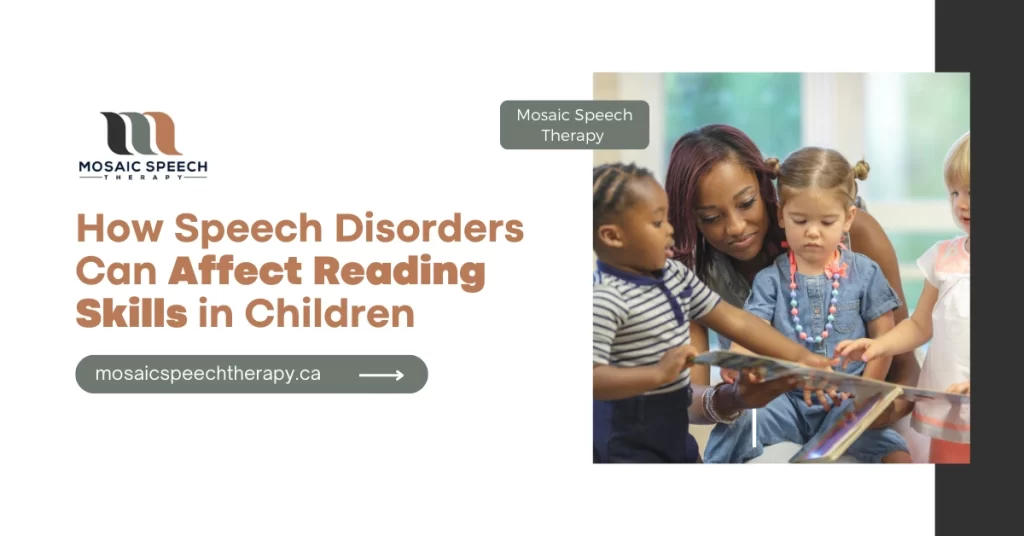One of the most critical aspects of our work involves understanding and addressing the connection between speech disorders and reading difficulties. These challenges are deeply interconnected, and early intervention can make a significant difference in a child’s academic and social success.

Speech Disorders and Their Impact on Language Skills
Speech disorders, such as articulation issues, phonological disorders, and apraxia of speech, can hinder a child’s ability to produce clear and accurate sounds.
This difficulty with verbal communication often overlaps with challenges in decoding written language. For instance, a child struggling to pronounce certain sounds may also have trouble identifying and blending those same sounds when learning to read.
Phonological Awareness: A Crucial Link
Phonological awareness is the ability to recognize and manipulate the sounds in spoken language, and it serves as the foundation for reading development.
Children with speech disorders frequently have underdeveloped phonological awareness, making it harder for them to understand the relationship between letters and sounds. This can lead to delays in acquiring reading skills, such as decoding, fluency, and comprehension.
Shared Neural Pathways
Research shows that speech and reading share common neural pathways in the brain. Difficulties in one area can disrupt the other, creating a cycle where poor speech skills exacerbate reading struggles and vice versa. Addressing both challenges simultaneously is key to breaking this cycle.
Early Warning Signs to Watch For

Parents and educators should be vigilant about identifying early signs of speech and reading difficulties, such as:
- Difficulty pronouncing words or sounds correctly.
- Limited vocabulary for the child’s age.
- Struggles with rhyming, segmenting, or blending sounds.
- Challenges recognizing letters or associating them with sounds.
- Avoidance of speaking or reading activities.
Recognizing these signs early allows for timely intervention, which is crucial for preventing long-term academic setbacks.
How Mosaic Speech Therapy Can Help
At Mosaic Speech Therapy in Edmonton, we take a comprehensive approach to addressing speech disorders and their impact on reading. Our expert team uses evidence-based techniques to support children in overcoming these challenges.
Personalized Assessments
We begin with thorough assessments to understand each child’s unique strengths and challenges. By evaluating speech, phonological awareness, and reading skills, we can develop a tailored therapy plan.
Integrated Speech and Reading Interventions
Our therapy sessions incorporate activities that build both speech and reading skills. For example, we use games and exercises to strengthen phonological awareness while improving articulation and sound production.
Collaboration with Families and Educators
We believe that a team approach yields the best results. By working closely with families and schools, we ensure that children receive consistent support in all environments. We provide resources, strategies, and training to help parents and teachers reinforce therapy goals at home and in the classroom.
The Importance of Early Intervention

Addressing speech and reading difficulties early can prevent a cascade of challenges later in life, such as academic struggles, low self-esteem, and social isolation. With timely support, children can build a strong foundation for communication and literacy.
If your child is experiencing speech or reading challenges, Mosaic Speech Therapy in Edmonton is here to help. For personalized assistance, feel free to contact us at info@mosaic-slp.ca or 587-292-0072.

